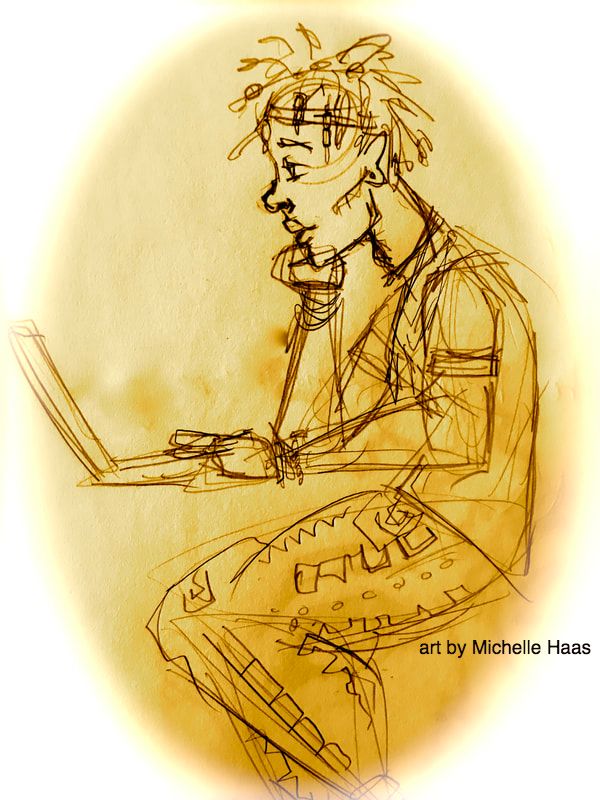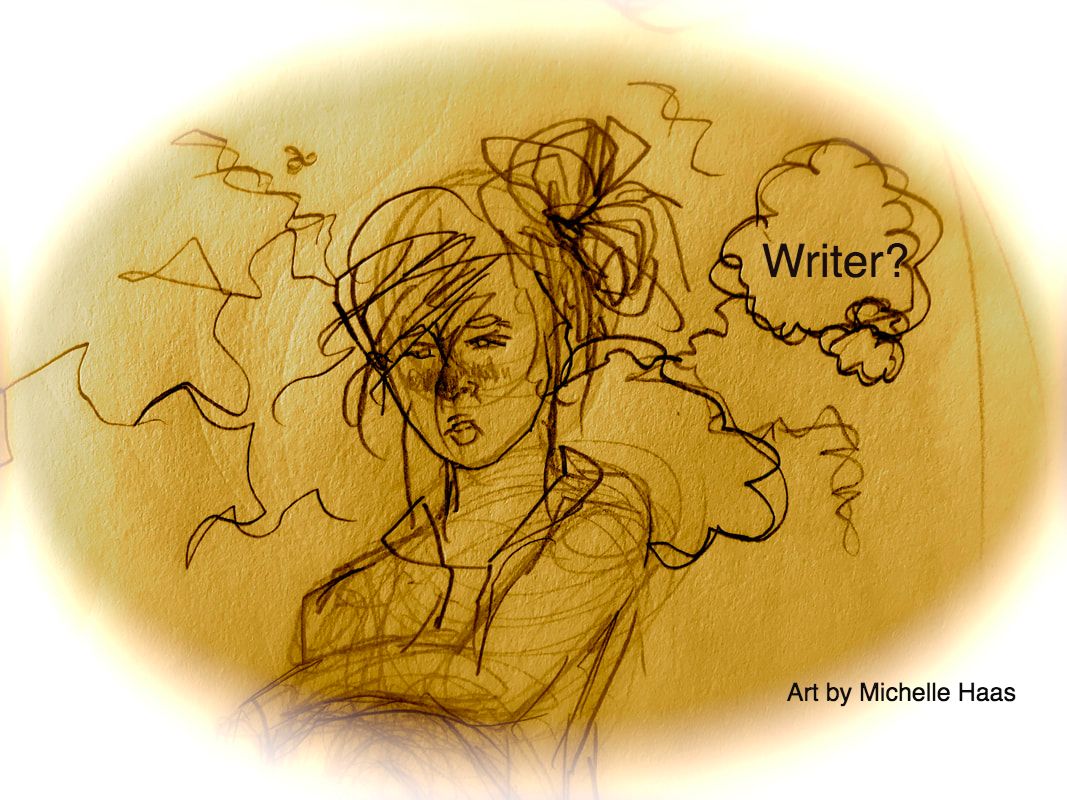Done right, the critique process can be a lovely give and take that benefits both parties.
Tips for Giving Critiques
- Be positive. First and foremost, we're here to help each other.
- Use the sandwich method. Start with what you like. Sprinkle in some constructive criticism. End with something else you like.
- Own your opinion. Say “I thought chapter two was boring” rather than “Chapter two was boring.” If you're not willing to stand behind your opinion, then you probably shouldn't offer it. Keep in mind, too, the writer does not have to agree with you.
- Be specific. If you found chapter two boring, explain why. Too slow? Not descriptive enough? Not enough action? Why? Why? Why?
- Offer solutions. If possible, offer solutions to problem areas, being careful not to change the fabric of the writer’s tone, point of view, perspective, etc.
- Back off. If you feel a change should be made (and possibly it should), recognize the writer has final say over his or her work. You’ve given your opinion. Sometimes an opinion is dismissed. Don't keep circling back around to why you are right. It's not worth an argument, and it's not your project. Let it go.
- Be kind. Even if you hate the writing, the writer has invested his or her time and has shown vulnerability by allowing you to be part of the process. This is a brave and often scary act with unknown outcomes. Be polite and respectful. Phrase your suggestions in a way that wouldn’t offend you if you were on the receiving end.
Tips for Receiving Critiques
- No draft is perfect. Whether the first or 50th draft, it might still need improvement. Don't panic if a critique forces you to rethink and revise. Fresh eyes tend to catch problems you never noticed.
- Don’t take it personally. Criticism of your work does not equal criticism of you as a person. You sought an opinion. He or she gave it. That does not mean you have to make changes. If you don’t agree with someone’s critique, let it go.
- Clarify. If someone’s critique raises questions, don't hesitate to clarify. Although this may well resolve the issue, it may also throw a serious spotlight on any holes in your story. That’s good. Filling those holes will raise the level of your writing.
- Recognize the majority. If more than one critique partner has the same concern about your content, it's probably time to take a hard look at what you’ve written. Consistent comments may equal necessary changes.
- Everyone has an opinion. You might think it’s perfect. Another may think it’s too long. Another may think it’s too short. Keep in mind what your end goal is when wading through all those opinions.
- Be open-minded. The ultimate decision is yours, but don’t dismiss suggestions that seem harsh or difficult to implement. Listen to the point behind the criticism. Look at your work from a distance, gaining perspective through the eyes of other readers. Sometimes the hardest advice to hear can be the most worth following.
- Wait. After receiving a critique, let your project sit for a day or week or more, before revising. Only make those changes that still ring true to you after you have the chance to "sleep on it."
Remember, your work is your own. Listen to what critique partners feel does not work, and then figure out how (OR IF) you want to make changes. It’s your work, your choice, your decision ... until it makes it onto an editor's desk, but that's a whole different blog post:).
Happy critiquing, my writerly friends!
Artwork by Michelle Haas https://www.instagram.com/mhaas_art/
#amediting #WIP #writingtips #writingtip #SCBWI



 RSS Feed
RSS Feed

